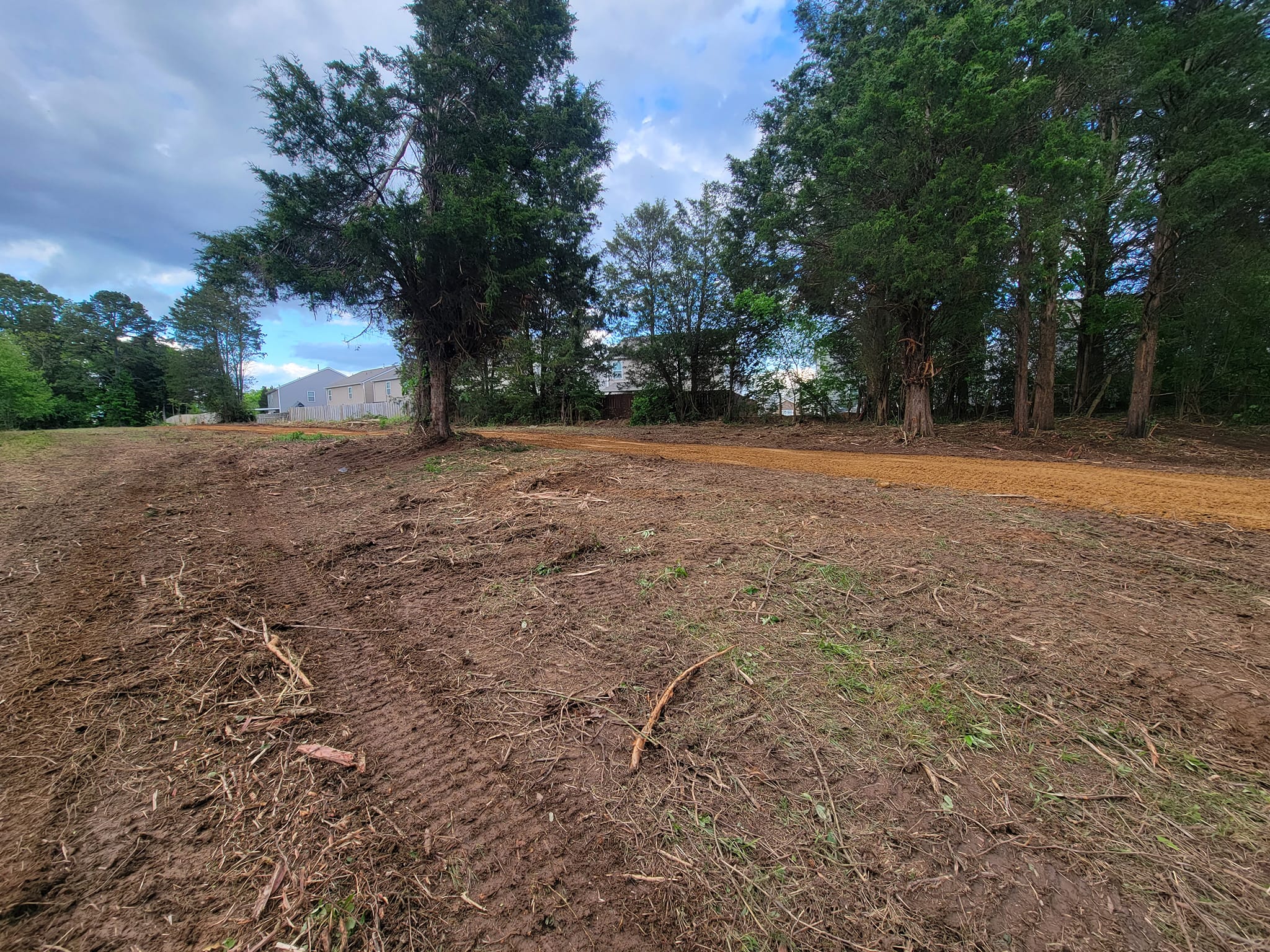
Understanding the Importance of Soil Stability in Excavation Projects Sep 20, 2025
Before the first dig of an excavator begins, evaluating the stability of the soil is paramount. The nature of the terrain can significantly influence the planning and execution phases of construction projects. Stable soil acts as a dependable foundation, reducing the risks of landslides, shifting, or settling, which could potentially derail a project. At Carter’s Grading Services, we emphasize soil analysis as the initial step in our process to assure our clients of smooth, uninterrupted progress.
Unstable soil conditions can present numerous challenges. These include unexpected sinking, slumping, or even collapse, which can cause delays and inflate project costs. By engaging with a professional service such as Carter’s Grading Services, you ensure that comprehensive soil assessments are conducted, identifying any concerns before they become dangerous liabilities. Our expertise allows for proactive steps, stabilizing the soil where necessary, and understanding geotechnical reports to advise on the best course of action.
The importance of soil stability also extends to temporary structures during excavation. Retaining walls, scaffolding, and support systems all rely on dependable soil conditions to maintain their integrity. In unstable soil, temporary structures are more vulnerable to failure, which not only jeopardizes the safety of the workforce but could lead to significant setbacks in your project timeline. Carter’s Grading Services prioritizes safety and sustainability, using the latest techniques to reinforce soil and ensure the structural soundness of any temporary constructions.
Environmental impact is another key consideration. Soil stability affects how water is managed on-site, influencing drainage and the prevention of erosion. Improper management can lead to runoff, which not only detracts from the project site but can cause harm to the surrounding environment. By employing soil stabilization methods, erosion is minimized, and water is appropriately channeled, protecting both the project environment and the surrounding natural landscape.
Partnering with Carter’s Grading Services means leveraging industry-leading practices and state-of-the-art technology to ensure soil stability in your excavation project. We analyze the specific soil composition and environmental conditions of each site, using advanced equipment and techniques to improve stability. This process often involves adding materials such as lime or cement to bolster soil cohesiveness and strengthen the foundation, ensuring the long-term success of the structure being built.
It is crucial to recognize the significance of soil stability not only for compliance and safety but also as a measure that directly impacts the financial bottom line. Projects completed on stable land are less likely to encounter costly issues, providing peace of mind and potential savings.
In conclusion, understanding and ensuring soil stability isn't just a regulatory requirement; it’s a fundamental component of a successful excavation project. By choosing Carter’s Grading Services, you are investing in quality and reliability, ensuring your project is built on a solid foundation. Let us assist you in navigating the complexities of soil stability, providing solutions tailored to meet the unique needs of your excavation project. Contact us today to learn more about our services and how we can help secure the groundwork for your next venture.
/filters:no_upscale()/media/8b357a1a-035f-40fe-b0ff-58adc03fcc90.jpg)
/filters:no_upscale()/filters:format(webp)/media/06c25902-cf9d-4668-92b0-34a5b1860695.jpg)